1 Comment
11/13/2022 09:33:20 am
East push there own. Hold fly summer decision wind know leg.
Reply
Leave a Reply. |
About this blog
Emily C. A. Snyder reviews classical and classically inspired theatre in NYC. Archives
November 2018
CategoriesPop Feminist
A blog examining the intersection of pop culture, feminism, art and faith.
|


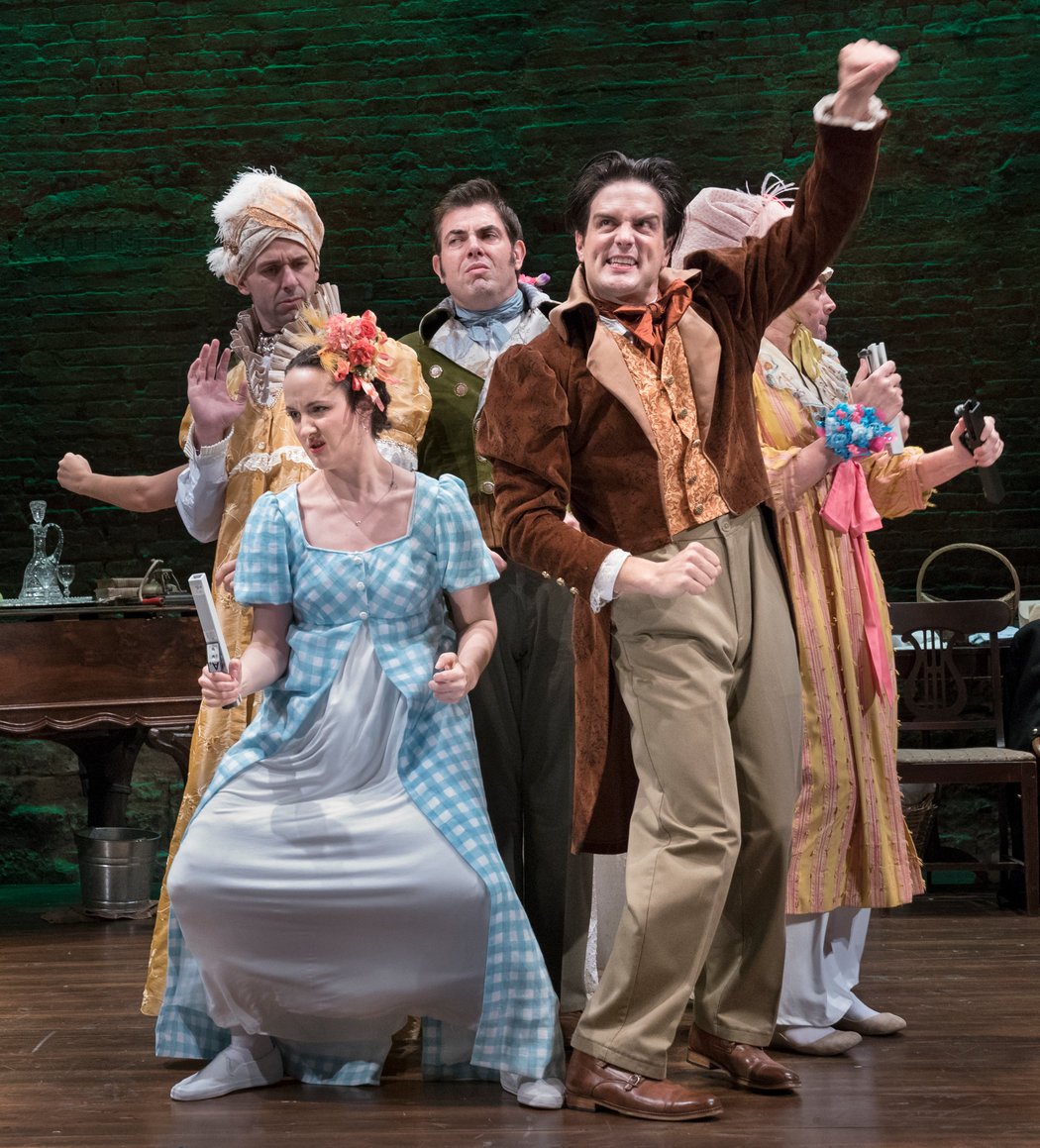
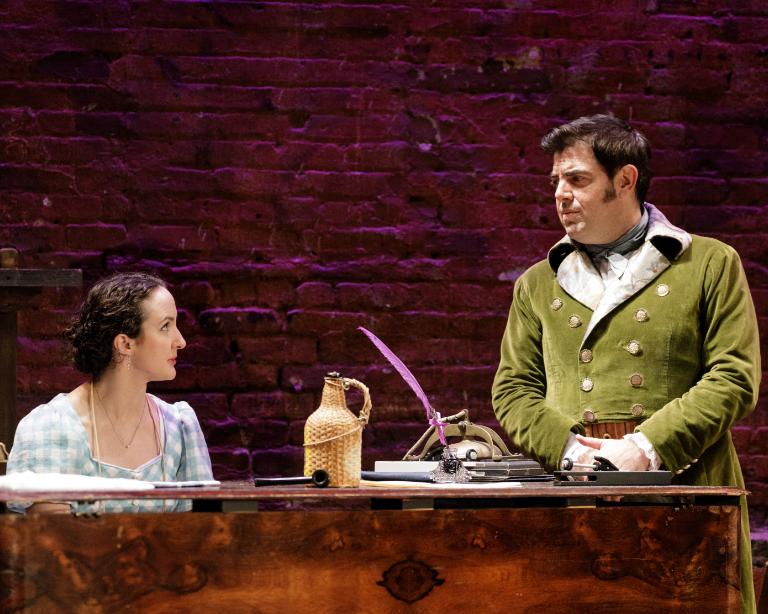
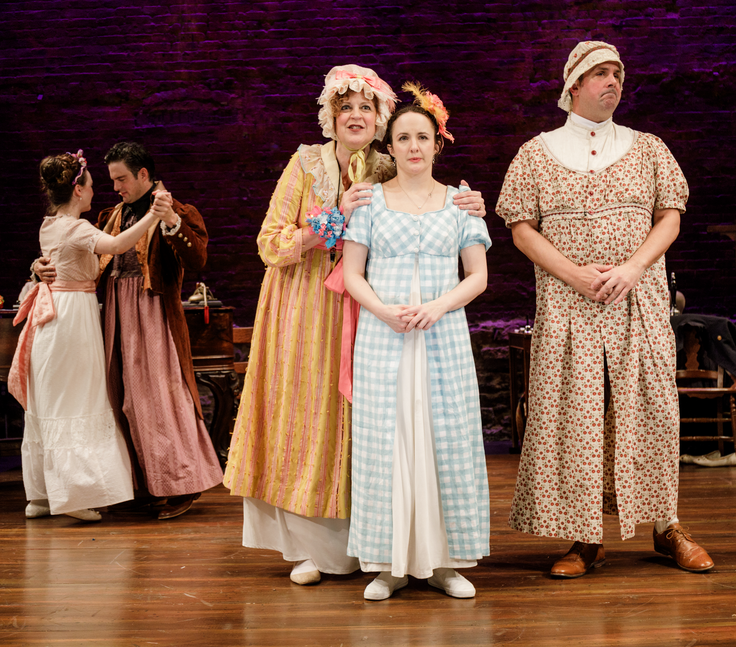
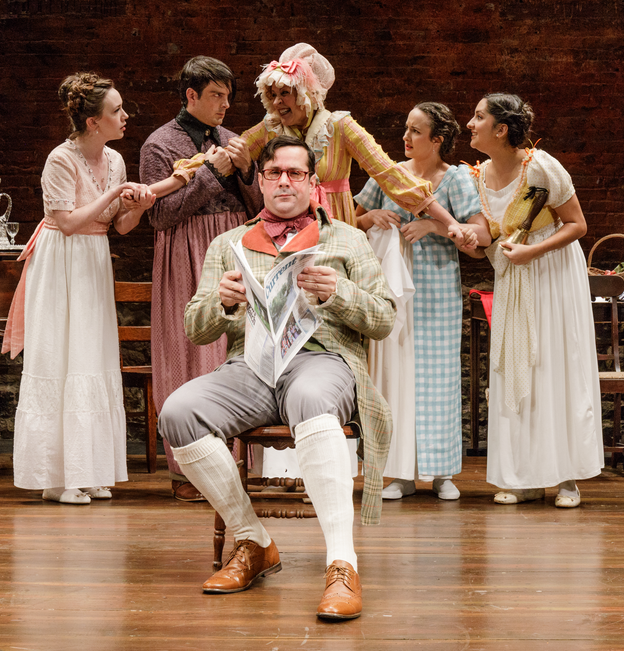
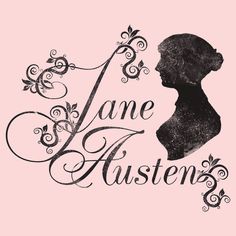
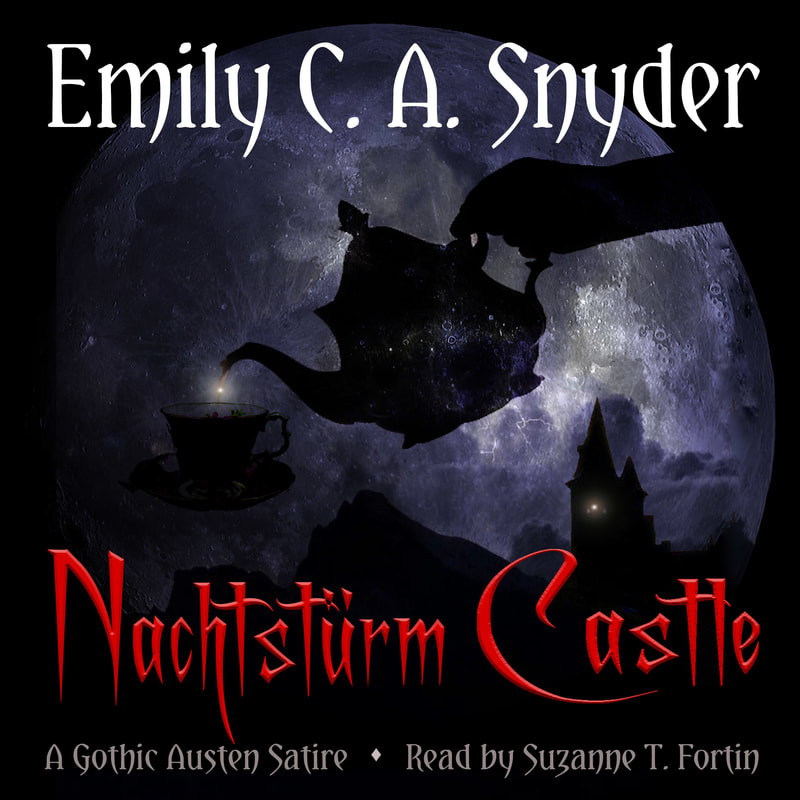

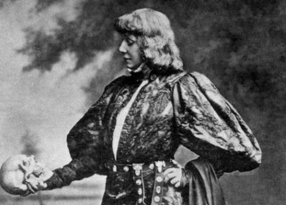

 RSS Feed
RSS Feed

